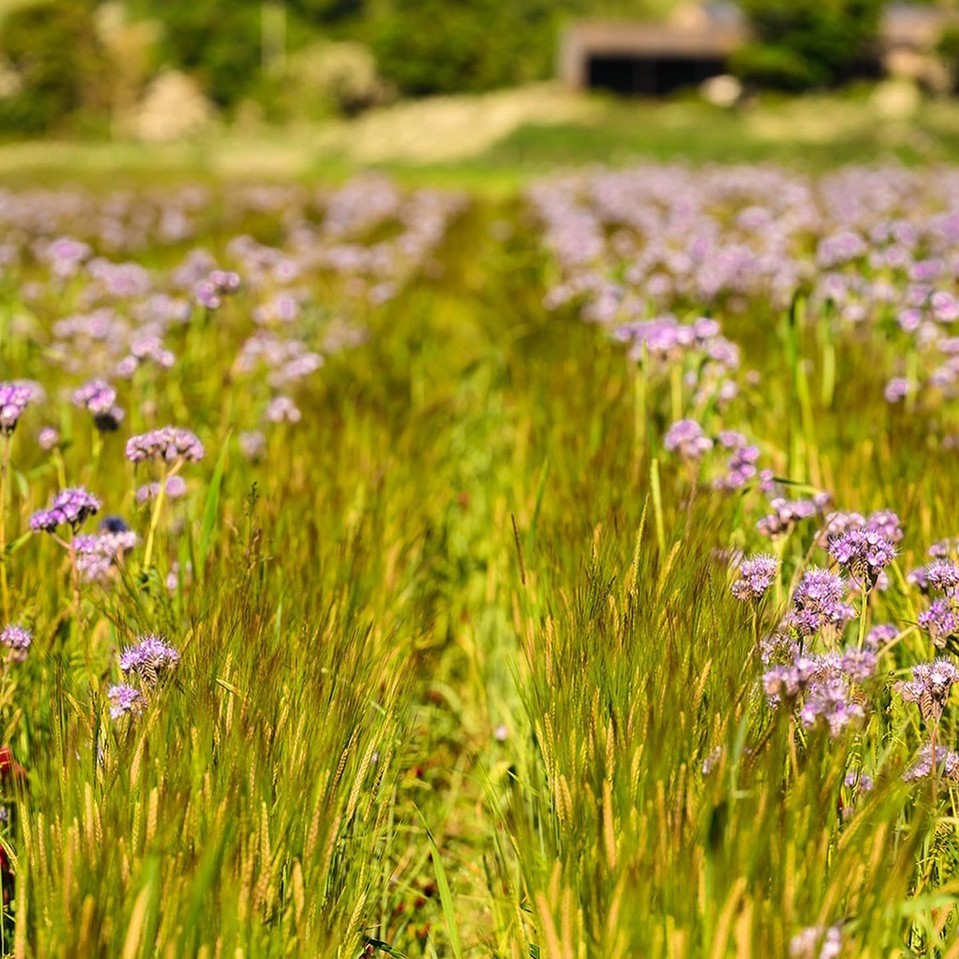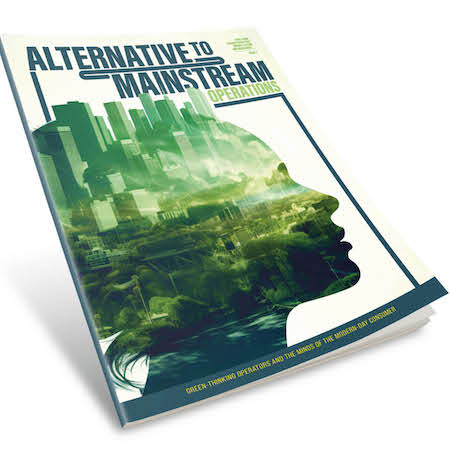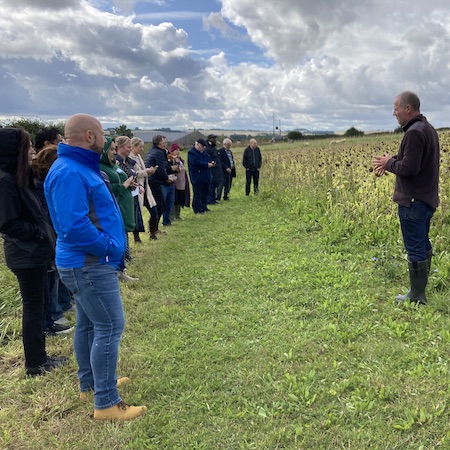New figures from Zero Carbon Forum and Wildfarmed highlight how hospitality can reduce carbon footprints and build resilience against failing food systems and price fluctuations.
The new data finds that 3.6 million tonnes of carbon could be saved by 2030 if every operator across the UK hospitality and brewing sectors make the switch to regenerative flour and barley. That’s the same as cancelling more than 5.5 million one-way flights between London and New York.
Zero Carbon Forum and Wildfarmed are urging operators to join their regenerative mission, pointing out that the new research underscores how simple changes in hospitality supply chains can make a significant difference to the future resilience of the food system as well as organisations’ net zero targets.
The problem?
Zero Carbon Forum’s benchmark data found that flour and barley production is responsible for 2.5% of the hospitality and brewing sectors’ emissions. The food and drink sector as a whole is responsible for 35% of the UK’s emissions. This means a move to flour produced through regenerative farming could play a critical role in helping the food and drink sector meet the demands of a 1.5C world.
The news comes at a time when extreme weather, oscillating between unseasonal drought and heavy rainfall leading to flooding and warming average temperatures are putting food systems at risk, with crops underwater, depleted harvests and higher costs for farmers, operators and consumers.
How regenerative farming helps
Zero Carbon Forum’s calculations found that if operators switched their wheat and barley to regenerative farming, by 2030 the sector could save over 3.6 million tonnes of carbon, by both reducing inputs and sequestering more carbon in the soil.
That’s because healthy soil can hold three times as much carbon as the atmosphere, but as soil health declines, so does its ability to absorb carbon.
Regenerative farming is all about restoring soil health by growing crops alongside companion crops, not adding pesticides to the growing crop, integrating livestock, and using observation and nutrition. This all puts more life-giving nutrients back into the soil and wheat while boosting biodiversity.
Mitigating present and future emissions through a regenerative approach allows farmers to protect their crops and helps operators become more resilient against price fluctuations and supply chain disruptions, safeguarding food systems from the impacts of climate change.
Wildfarmed has developed a community of 600+ farmers, restaurants and bakeries across the UK working together to fix what it describes as our “broken food system,” and partnering with some major retailers and brands, such as Waitrose and M&S.
It has also created the Wildfarmed Regenerative Standards, the UK’s first third-party audited regenerative standards for arable farmers.
Zero Carbon Forum is a non-profit organisation which builds on over 10 years of carbon reduction collaboration in the UK’s hospitality and brewing sectors. It enables members to reach their decarbonisation targets faster, more efficiently and more cost effectively than acting alone.











